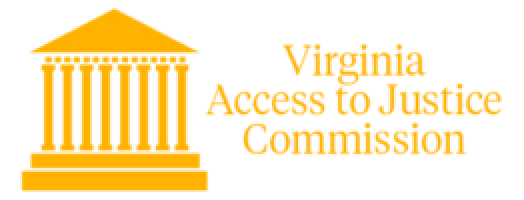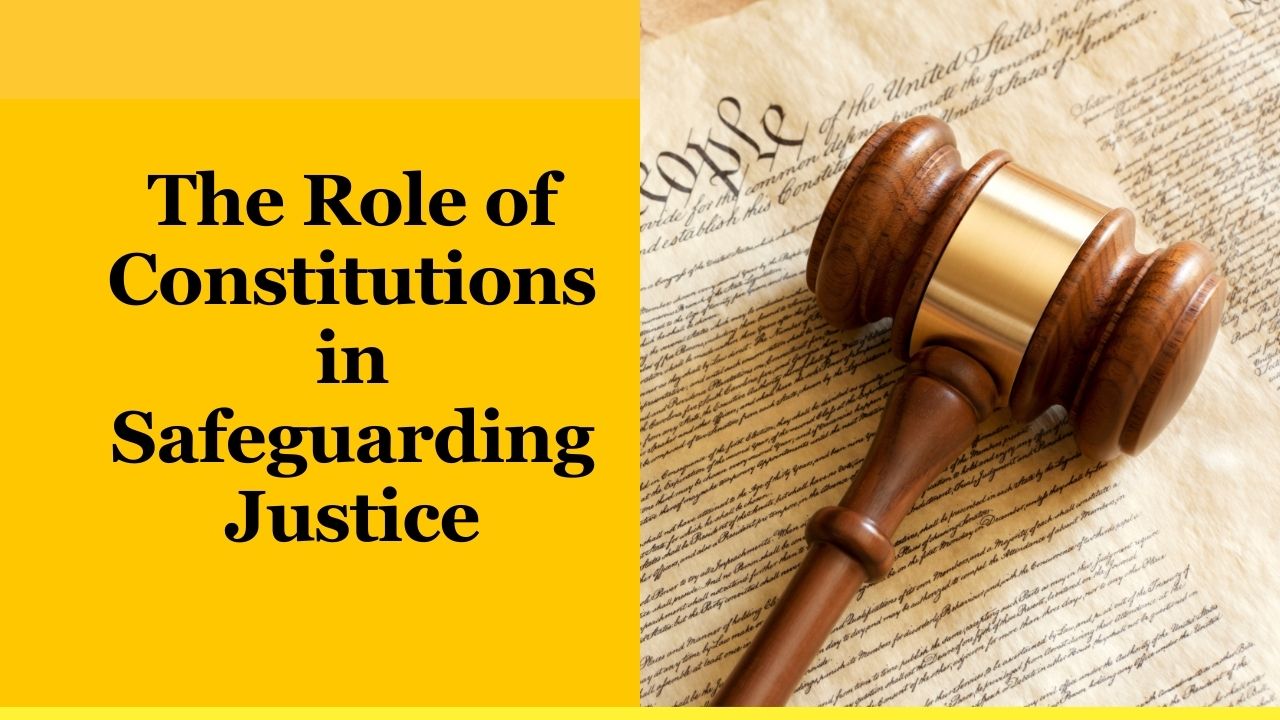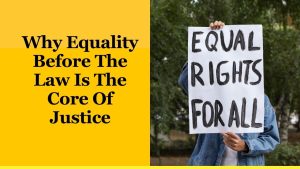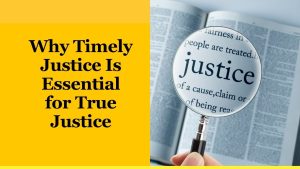Constitutions are the foundation of legal order, defining the structure of governance and safeguarding justice for citizens. In 2025, there’s increasing attention on how constitutions:
- Ensure civil and human rights,
- Promote judicial independence,
- Enforce separation of powers, and
- Anchor the rule of law in democracies and emerging nations alike.
Recent developments show that constitutional mechanisms remain central in protecting the vulnerable and limiting government overreach.
For example, in India, Chief Justice Bhushan Gavai highlighted how the Indian Constitution has delivered socio-economic justice over the past 75 years, anchoring affirmative action, Directive Principles of State Policy, and expanded interpretations of Article 21.
This article dives into the major roles constitutions play in safeguarding justice, enriched by the latest facts, figures, and analytical perspectives from around the world.
Key Constitutional Mechanisms & Their Impact on Justice
| Mechanism | Function in Safeguarding Justice | Example/Impact |
|---|---|---|
| Fundamental Rights & Liberties | Protect individuals against state excesses and guarantee access to justice | Indian Constitution’s Article 21 expanding right to life to socio-economic realms |
| Judicial Review | Courts can invalidate laws and government actions that violate the constitution | U.S. Supreme Court’s power to strike down unconstitutional laws |
| Separation of Powers | Prevents concentration of power; ensures checks and balances | Federalist No. 47’s principles; U.S. constitutional structure |
| Due Process (Procedural/Substantive) | Ensures fair procedures and protects fundamental liberties beyond procedure | Fifth & Fourteenth Amendments’ due process, including equality of law |
| Equal Protection Clause | Ensures laws apply equally to all citizens regardless of status | Fourteenth Amendment’s Equal Protection Clause in U.S. law |
| State Constitutions Enhancements | Some state constitutions provide greater protections than the federal one | U.S. states expanding rights on environment, gender equality, economic liberty |
| Judicial Independence & Access to Justice | Guarantees impartial adjudication and open access to courts | U.S. Constitution protects civil liberties and access to courts |
| Constitutional Courts Under Pressure | Challenges include autocratization, inequality, climate crisis | Constitutional courts adapting to new pressures |
1. Fundamental Rights & Socio-Economic Justice
Constitutions enshrine fundamental rights, safeguarding citizens from arbitrary state action. They explicitly guarantee civil liberties such as freedom of speech, religion, and access to justice, and in some constitutions, broaden protections to include socio-economic rights—like health, education, and livelihood.
- India’s Constitution, through Directive Principles of State Policy and affirmative action, has been instrumental in delivering socio-economic justice over 75 years. Justice Gavai affirmed its transformative impact.
- This demonstrates how constitutions can serve both as aspirational documents and practical tools for equality and justice.
2. Judicial Review: The Power to Uphold the Constitution
Judicial review is a core constitutional safeguard. It gives courts the authority to assess whether legislation or executive action conforms with the constitution.
- The U.S. Supreme Court plays the role of final arbiter on constitutional issues, ensuring equal justice under law and preventing the legislative or executive branches from overstepping.
- Through judicial review, unjust laws can be invalidated, reinforcing that constitutions are supreme.
3. Separation of Powers & System of Checks and Balances
Separation of powers is pivotal for safeguarding justice. By dividing government into legislative, executive, and judicial branches, constitutions prevent any branch from becoming overly dominant.
- Federalist No. 47, authored by James Madison, emphasizes avoiding the concentration of powers in one branch, freedom’s enemy.
- This structure ensures checks and balances: for instance, Congress enacts laws, the executive enforces them, and the judiciary interprets them.
4. Due Process: Procedural & Substantive Justice
Due process is foundational in legal systems, often embedded in constitution provisions.
- Procedural due process ensures fair procedures—notice of charges, fair trials, neutral judges.
- Substantive due process protects certain fundamental rights even if not explicitly stated in the constitution, such as privacy and bodily autonomy.
These protections guard against arbitrary laws and protect liberty and property rights.
5. Equal Protection of the Laws
The principle of equal protection helps combat discrimination and ensures all citizens are treated equally before the law.
- The Fourteenth Amendment of the U.S. Constitution prohibits states from denying any person “equal protection of the laws.”
- Landmark cases such as Brown v. Board of Education (ending racial segregation) and Obergefell v. Hodges (legalizing same-sex marriage) illustrate its power.
6. State Constitutions & Layered Protections
In federal systems, state or provincial constitutions may grant equal or greater protections than the national constitution.
- In the U.S., fewer than half of Americans are aware that state constitutions often go beyond federal guarantees on issues like environmental protection, gender equality, and economic rights.
- Courts have affirmed that states may impose stricter standards than the federal Constitution — for example, in arrest, search and seizure, or privacy.
7. Judicial Independence and Access to Justice
An independent judiciary is vital for constitutional justice.
- Constitutions often insulate the judiciary from political influence, providing security of tenure, removal only for cause, and budget autonomy.
- Ensuring access to justice means courts must be open, impartial, and accessible to all citizens.
8. Guarding Rights Amid Modern Pressures
Constitutions and constitutional courts face new challenges, especially from autocratization, inequality, and climate crises.
- Recent scholarly work addresses how constitutional judges can respond to pressures while upholding justice and rights.
- Maintaining the rule of law amidst such challenges requires adaptability and fidelity to constitutional principles.
9. Quantifying Constitutional Impact: Rule of Law & Socioeconomic Health
Studies show constitutional quality correlates strongly with broader measures of justice and well-being.
- A quantitative study of 219 indicators across countries found a positive link between strong rule of law, constitutional order, and outcomes like GDP, Human Development Index (HDI), and lower infant mortality. However, overly lengthy or complex constitutions can hinder performance.
- This suggests well-crafted constitutions are essential not just for rights but for societal development.
Constitutions serve as the guardians of justice, through mechanisms like fundamental rights, judicial review, separation of powers, due process, and equal protection. They empower courts to check state power and protect individuals, often embedding socio-economic rights and empowering marginalized groups.
As the world faces new challenges—inequality, climate emergencies, rising authoritarianism—the relevance of constitutional frameworks is more crucial than ever. Sound constitutional design and strong institutions are closely tied to societal well-being, human rights, and democratic resilience.




